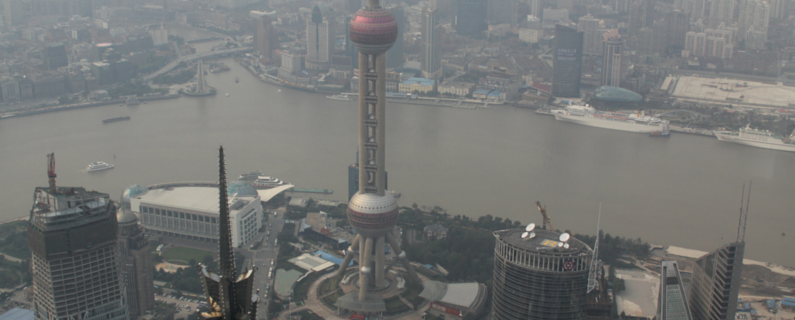May 25, 2015 saw the signing of new agreements between China and Australia, as Guangdong Communist Part Secretary Hu Chunhua and a number of Australian business groups met to discuss further relationships between the two. The meetings underscore the continuing significance of China in Australia’s manufacturing and industrial sectors. Improving relations and increased oversight by Chinese regulators may provide Australian companies with the assurance that their goods and products can be made safely and ethically in China. If that is the case, the agreements could mean very good business indeed for all international corporations looking to do business in China.
Guangdong province (formerly known as Canton) has been at the center of China’s global manufacturing industry since 1978. Back then, as the country moved way from its communist isolationist policies, Beijing determined to establish the first “Special Economic Zone” as far away from it as possible. Guangdong province lies on the southeast coast of the country; its Pearl River Delta, the home to numerous ports, comprises China’s largest import-export industrial hub. The province has the fourth largest Gross Domestic Product in the country, which, in 2014, as recorded at $1.1 Trillion.
Guangdong is the sister province of New South Wales, pursuant to an agreement signed in 1979 by Xi Zhongxun of Guangdong and Neville Wran, Premier of NSW. It was the first such agreement for the Chinese province; in 2006, a Joint Economic Meeting was held in Sydney and attended by around 140 Chinese business and government representatives.
At the 2015 meeting, the two governments agreed to develop and implement several economic strategies, including boosting direct ties between the two provinces, facilitating tourism and cultural exchange, and building two-way trade. Expectations are high as Guangdong builds on its 30-year experience as an industrial supplier for the world. Because of its history, and unlike other, less developed Chinese provinces, Guangdong has had the opportunity to develop an understanding of international standards of quality in production. Their internal capacities are more like those of western producers because they’ve learned the hard way that shoddy production results in reduced revenues.
Understanding international standards is a two-way street, and Australian companies looking to engage with China following these developments will need to get educated on what Chinese standards actually entail.Chinese standards for industry are either Voluntary or Mandatory. Mandatory standards are concerned with the protection of human health, personal property and safety, and are enforced through laws and administrative regulations. All standards not included in this body are considered “Involuntary” standards.
There are four levels of Chinese standards, organized hierarchically, with lower standards being superseded by higher standards. China does have “National Standards”, referred to as the “GB Standard”, which was developed for technical requirements across the country. In 2006, there was a total of 21,410 GB Standards, and that number has risen in the intervening nine years as China’s international industrial engagement has grown. Second to the GB Standards are the Professional Standards, then the Local Standards and finally, the Enterprise Standards. For every specific product or service, only one Chinese standard will apply.
Clearly, the optimism created by these recent agreements should direct Australian and other international investors and producers to look closely at China’s Guangdong province as the potential site for their next factory or production plant. When doing so, these companies should also consider accessing the services of a Chinese Market consultant, who has full comprehension of Chinese standards and actual practices. A Chinese Market consultant can act as a liaison between the producer and the Chinese counterpart, to provide Chinese factory verification, and to ensure that production practices will result in high-quality goods that meet ‘home-country’ standards.
With a consultants’ in-depth information, the international producer can move forward with the production process much more quickly. In the end, the exported product will be sure to carry the high quality expected, produced ethically and at a reasonable cost. To find a Chinese factory for your product, contact us.
If you would like to know more, you can download a free report “8 Problems Businesses face when sourcing from China here.
https://vantagecompliance.com/8-problems-businesses-face-when-sourcing-goods-from-china-bg/
This blog was written by Carsten Primdal, an independent consultant who helps businesses that have manufacturing done overseas – especially in China – to minimise supply chain risk. Drawing on years of on-the-ground experience and a strong understanding of the cultural and commercial context, Carsten is passionate about helping his clients to gain greater control over the risks most companies face knowingly or unknowingly.
Questions? Concerns? If you are considering buying from Chinese factories and would like more information, please feel free to contact us see what Vantage Compliance can do for you. I can be reached at carsten@vantagecompliance.com or on (+61) 413 089 020



